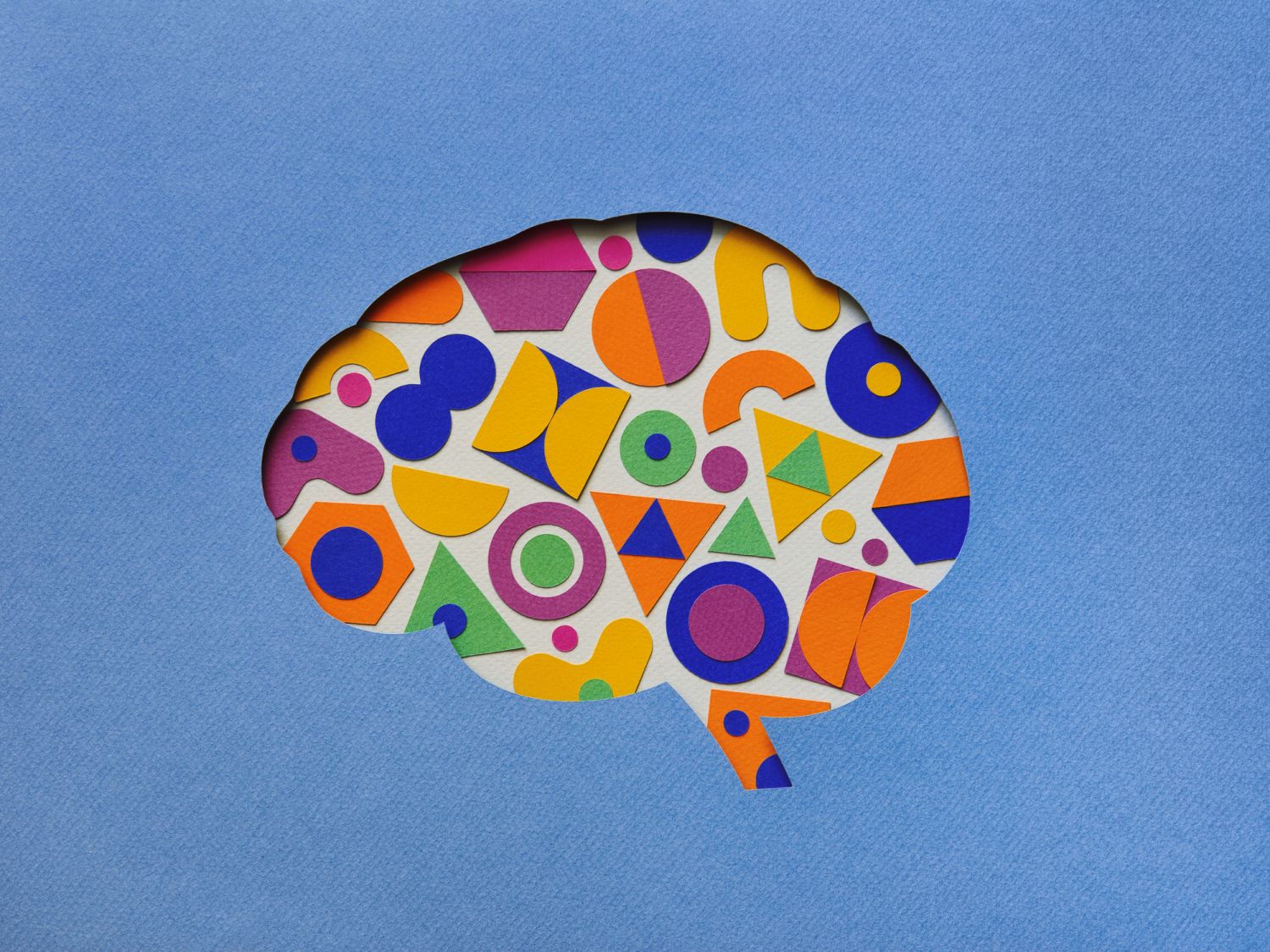Children's rights advocates Syed Azmi and Dato' Dr Hartini Zainudin discuss why caring for their own mental health is just as important as caring for others
Mental health is related to how we think, feel, act, make choices and relate to others. But while it is important to our proper functioning, we don't often prioritise it.
According to Malaysia's National Health and Morbidity Survey, more than half a million Malaysians were found to be experiencing symptoms of depression in 2019. Yet, only 20 percent of Malaysians with a mental disorder will access professional care. This is primarily due to the social stigma associated with mental illness.
Arguably, individuals who work in fields tackling social injustices such as children's rights experience a high level of work-induced stress over the course of their careers. And this worsened during the Covid-19 pandemic. A 2021 study published in the Asian Social Work and Policy Review found that nearly six in 10 frontline social workers in Singapore were affected by anxiety at the height of the pandemic the previous year.
How can social service practitioners and activists take care of their own mental well-being? We speak to two children's rights advocates—Syed Azmi, co-founder of PuakPayong, a non-profit organisation equipping children under 18 with essential life skills, and Dato' Dr Hartini Zainudin, co-founder of Yayasan Chow Kit, which provides support to at-risk children and youth—to learn about the passion they have for their work and how they look after themselves as they help others.
Read more: This Malaysian Social Entrepreneur is Empowering Students to Dream Big
What inspires you to help others?
Dato' Dr Hartini Zainudin (HZ): I've been in this line of work for over 40 years and have come across many parents and community members who ask me to help children in need. I feel obliged to help children because they are among the most vulnerable groups in society, as they aren't all able to [clearly] articulate their feelings and needs.
Syed Azmi (SA): I started as an advocate for children, often helping their families through various issues like sexual harassment. But as the pandemic wore on, I knew help also needs to be extended to the entire family unit given how entire families were struggling. When people call me for assistance, I understand that it is not easy for them to ask for help from a stranger. It is this reason why I want to give them a chance and listen to their needs. Personally, I can't bear to let someone in need suffer.
What are some of the emotional or mental challenges you face doing what you do?
HZ: I occasionally felt overwhelmed because there is never enough time, money or bandwidth to help everyone. I feel guilt and anger building up in me over time, but I tell myself that I've got to take a step back before they consume me.
SA: Working as an activist, we sometimes get caught up in other people's needs that we forgo our own mental health. I would sometimes help rape victims and it can be difficult to take in and process their problems without letting them weigh me down. But I remind myself and my team to be aware of our own mental state and take care of it before extending help to people in need.
Read more: Havan Clothing's Ivan Eng On The Challenges Of Being A Social Entrepreneur
